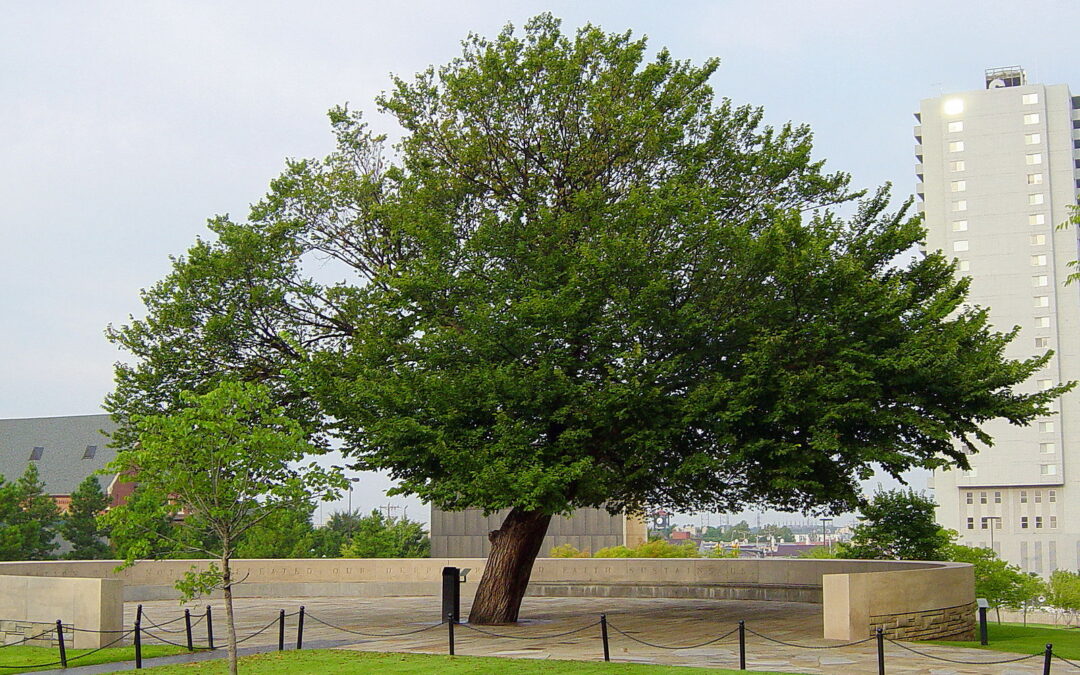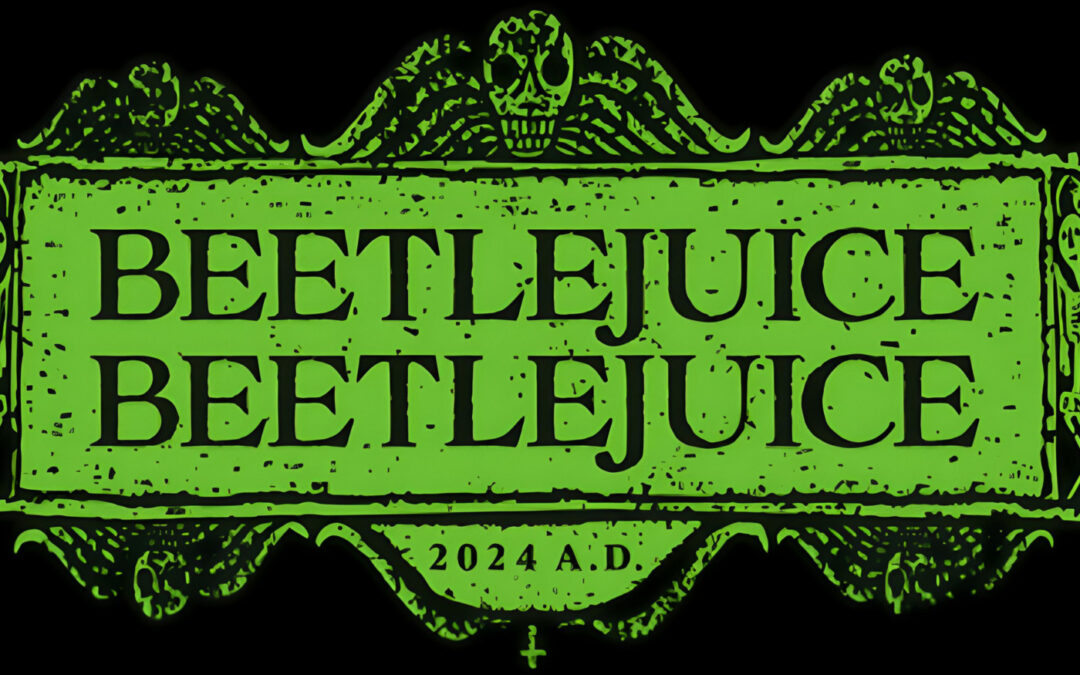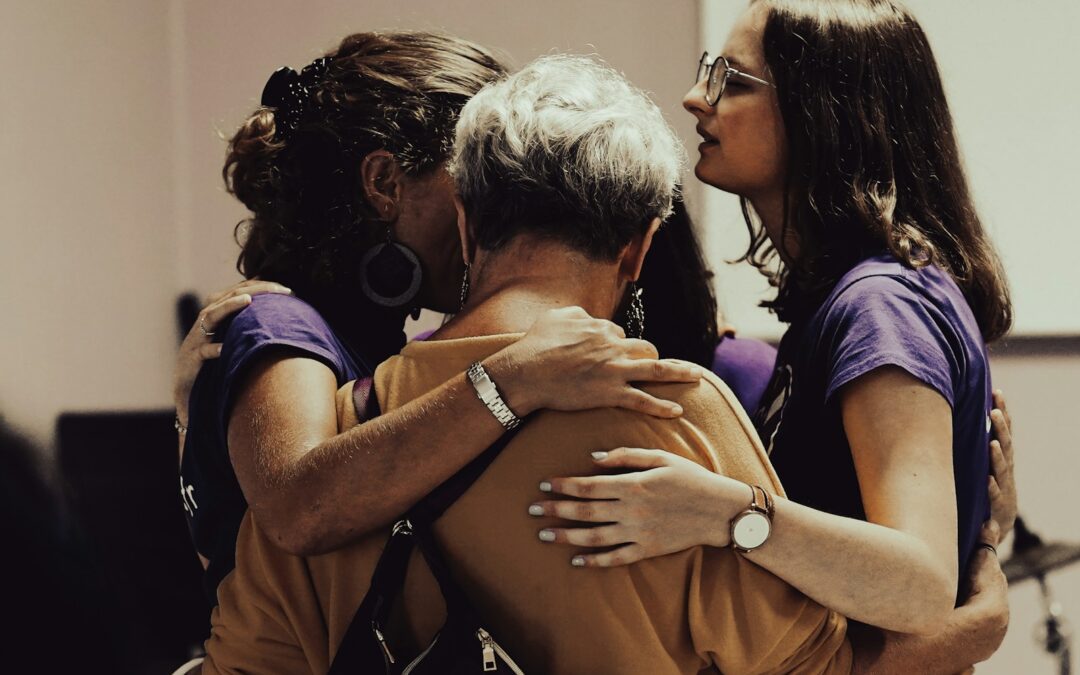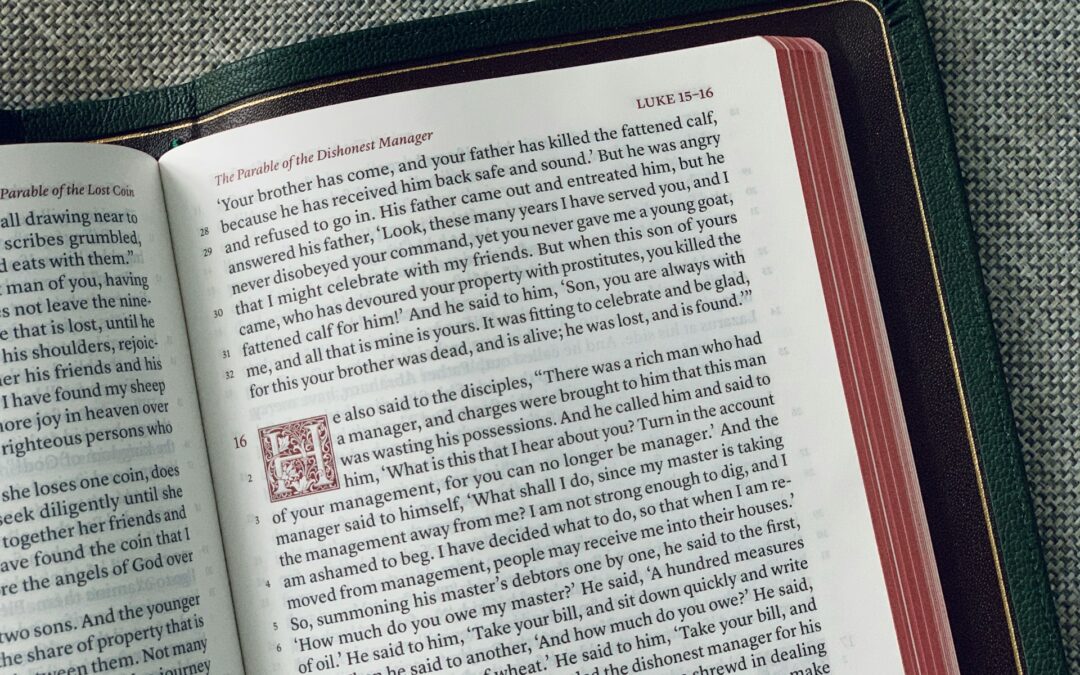
Living and listening amid a spiritual crisis
You and I are survivor trees, too. To whom are we giving shade and rest? Where are we planting our roots? To what stars are we stretching out our branches?

You and I are survivor trees, too. To whom are we giving shade and rest? Where are we planting our roots? To what stars are we stretching out our branches?

Jesus had no barriers, but churches certainly do, and that fact is well-known in our society. So well-known that it can be played for laughs.

For that dedicated, regular time away to be respected and honored, we must develop grace-filled, compassionate cultures within our churches that destigmatizes mental health and emphasize self-care for both congregants and clergy.

The parables of Jesus are embedded in the life of the hearers, even as they are at the ready to lift up the Reign of God as the work of God, not humanity, in breaking into the mundane and sin-fractured world we know all too well.

Jesus took time to sit, to breathe, to eat, to grieve, to lament, to pray, to be silent. Why is it so hard for us all to follow the model set before us?

Clearly the massacre in Elaine, Arkansas in 1919 had a racial component, one for which all of us should repent and work for reparations. But Elaine, and Memphis, and so many other moments in our history, are also and just as much about the violent repression of workers as they are about race.